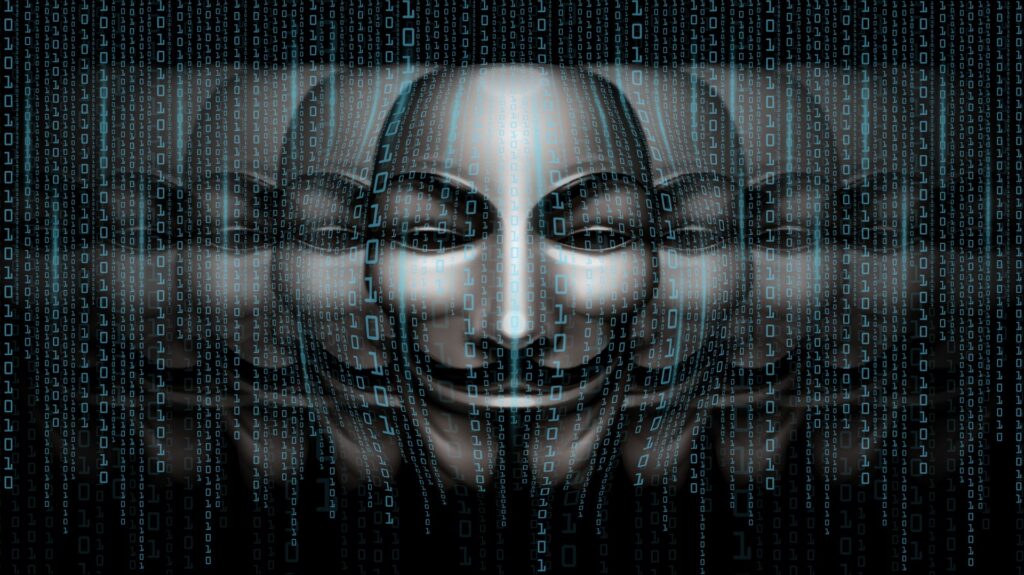In the ever-expanding realm of digital activism and hacktivism, one name has repeatedly surfaced with a mixture of awe and apprehension: Anonymous. This loosely-knit collective, famous for its distinctive Guy Fawkes masks and cryptic videos, has been associated with a range of high-profile cyber activities. But the question remains: What crimes did Anonymous actually commit, and how do we discern between activism and criminality in the complex world of the internet?

A Diverse Digital Portfolio: Anonymous’ Alleged Crimes
Anonymous gained notoriety for a slew of activities, some of which teeter on the precipice between civil disobedience and criminal conduct. One of their most recognizable tactics is Distributed Denial of Service (DDoS) attacks, which involve overwhelming a target’s servers with an influx of traffic, rendering them inaccessible. While these attacks are disruptive and often result in financial losses for targeted organizations, some argue that they serve as a digital form of protest, highlighting vulnerabilities in systems that might otherwise go unnoticed.
Operation Payback: A Watershed Moment
One of Anonymous’ most widely publicized actions was Operation Payback in 2010. This campaign saw the collective launching DDoS attacks against entities opposing internet piracy, such as the Recording Industry Association of America (RIAA) and the Motion Picture Association of America (MPAA). While the attacks effectively disrupted these organizations’ online operations, they also raised ethical questions about the means employed by Anonymous to achieve their goals.
Exposing the Powerful: Hacktivism or Cybercrime?
In their pursuit of accountability and transparency, Anonymous has targeted a spectrum of powerful entities. From exposing corporate corruption to revealing sensitive government information, their actions straddle the line between hacktivism and cybercrime. In 2012, for instance, Anonymous claimed responsibility for hacking the website of the U.S. Department of Justice in retaliation for the shutdown of the file-sharing website Megaupload. While this act underscored their commitment to internet freedom, it also incurred legal consequences, leading to arrests and legal battles.
Invasion of Privacy: Vigilantism or Justice?
The collective’s actions took a darker turn with the exposure of personal information, a practice known as “doxing.” Anonymous targeted individuals they perceived as antagonistic to their cause, releasing private details ranging from email addresses to home addresses. While some argued that these actions served as a form of digital justice, punishing those they believed were corrupt or unethical, others decried the tactics as a breach of privacy and a form of cyberbullying.
Collateral Damage: Ethical Dilemmas and Unintended Consequences
As Anonymous continued to flex its digital muscles, collateral damage became an ethical concern. DDoS attacks, while aimed at specific targets, often impacted innocent users and businesses who were caught in the crossfire. This raised questions about the morality of employing tactics that could harm those who had no direct involvement in the targeted entities’ actions.
The Uncertain Line: Defining Intent and Impact
The difficulty in categorizing Anonymous’ actions as crimes or acts of activism lies in the complex interplay of intent and impact. While some of their activities have undoubtedly disrupted operations, exposed wrongdoing, and brought attention to important issues, they have also raised concerns about the means employed and the potential consequences. The line between pursuing justice and perpetrating cybercrimes becomes blurry, forcing us to confront the nuances of a digital landscape where traditional legal frameworks struggle to keep pace.
Legal Implications: The Sword of Justice
Legal repercussions have not eluded those associated with Anonymous. Arrests and prosecutions have taken place in various countries, illustrating the complexities of holding individuals accountable within a decentralized collective. The digital nature of their activities often complicates legal proceedings, as attribution and jurisdiction become intricate challenges for law enforcement agencies.
The Legacy of Uncertainty: Anonymous’ Impact
As we reflect on the actions attributed to Anonymous, it becomes evident that they occupy a unique space in the history of digital activism. Their activities have undeniably generated discussions, sparked debates, and pushed the boundaries of traditional protest methods. Whether their actions are considered crimes or digital acts of defiance is a subjective matter, influenced by perspective and context.
Final Thoughts: Navigating a Digital Ethical Landscape
The question of what crimes Anonymous committed remains contentious, ultimately underscoring the shifting landscape of digital ethics and activism. As society grapples with the implications of online actions, it’s important to recognize that the internet has provided a platform for new forms of protest and expression. The blurred lines between hacktivism, civil disobedience, and cybercrime force us to examine the ever-evolving nature of digital engagement and its impact on traditional notions of legality and morality.